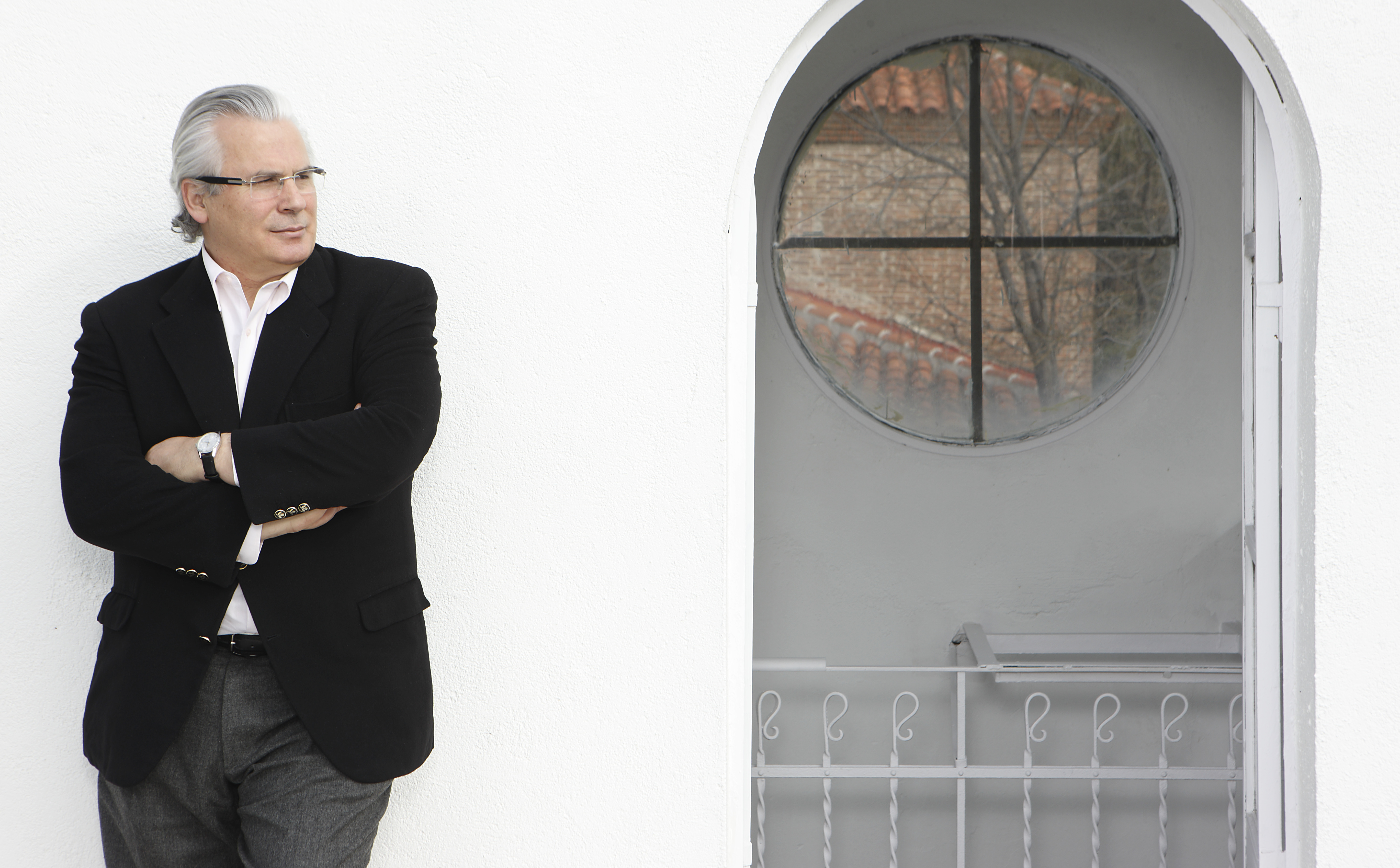Baltasar Garzón and the Baltasar Garzón International Foundation have developed human rights and universal justice projects especially in Latin America, in countries such as Colombia, Mexico, El Salvador, Paraguay and Tanzania, among others.
In Colombia, FIBGAR conducted a program of academic scholarships for ethnic groups, indigenous or Afro-descendants in coordination with the Pontificia Universidad Javeriana (PUJ) of Cali. The Baltasar Garzón International Foundation (FIBGAR) took charge in 2012 of seven of these scholarships, five of the Faculty of Medicine and two of Psychology.
«Let’s Talk about Peace and Human Rights» was a television program for reflection and analysis of the peace process and the defense of Human Rights in Colombia. The execution, direction, investigation, management and realization of the program were in charge of FIBGAR; It was conducted and directed by Baltasar Garzón and Pedro Medellín.
Also in Colombia, and with the advice in Baltasar Garzón, FIBGAR initiated the Advisory, Accompaniment and Support project for the Prosecutor General of the Nation in Colombia in the Macrocriminal Investigation Strategy, to support the development of a comprehensive investigation strategy in the face of serious violations of human rights, and its relationship with other national realities such as terrorism, corruption and organized crime in its most diverse forms.
Comprehensive Law of Attention to the Victims of the State of Morelos
In Mexico, the Foundation advised the Mexican Government to prepare a Law to Support Victims, under an agreement signed between the holders of the Executive Power of the Free and Sovereign State of Morelos and FIBGAR by which efforts were coordinated to prepare the Comprehensive Law of Attention to the Victims of the State of Morelos and the pertinent activities for its best application.
In this regard, on April 30, 2012, the Mexican Chamber of Deputies unanimously approved the General Victims Law based on which the State is obliged to repair damages, whether moral or material, to victims of any kind of crime, which must also receive protection.
In Argentina FIBGAR has carried out programs related to: indigenous peoples, environmental rights, universal jurisdiction, migration and conflict resolution and mediation.
El Salvador
The Baltasar Garzón International Foundation, the Institute of Human Rights of the Central American University «José Simeón Cañas» (IDHUCA) and the Center of Human Rights of the University of Washington investigated the crimes committed during the armed conflict in El Salvador, through documents declassified by the US State Department, national and international press articles and other documentation, in addition to interviews with witnesses, victims, military experts and others.
Tanzania
The Hadzabe are an ethnic group from Tanzania, located in the vicinity of Lake Eyasi, with a way of life very similar to that of the Paleolithic and a language characterized by clicks and clicks, which is the oldest on the planet. But modernization and the arrival of other people threaten its cultural legacy, so FIGBAR, together with The Kobo Trust Foundation, has worked to ensure that cultural manifestations of this ethnic group are declared intangible cultural heritage by UNESCO.
Paraguay and the Condor Plan
Invited by the Truth and Justice Commission, Baltasar Garzón visited Paraguay, with a concrete proposal: Incorporate Paraguay into a judicial investigation initiative of the Condor Plan, in coordination with the other countries where it was applied this criminal pact signed by the dictators of the Southern Cone to persecute opponents beyond national borders. In the capital Asunción, the former Spanish magistrate asked the Public Ministry to investigate “the crimes of repression” of the dictatorial regime of Alfredo Stroessner in the country (1954-1989).
